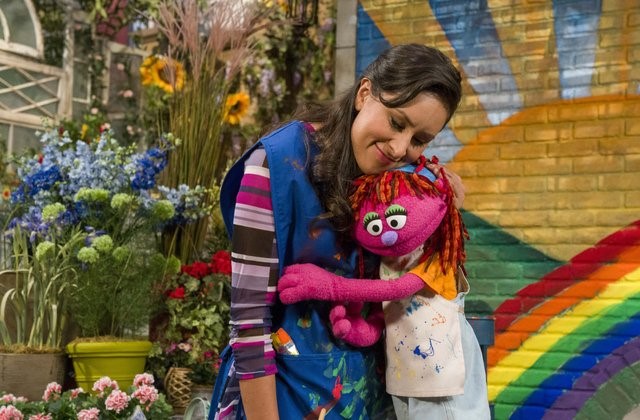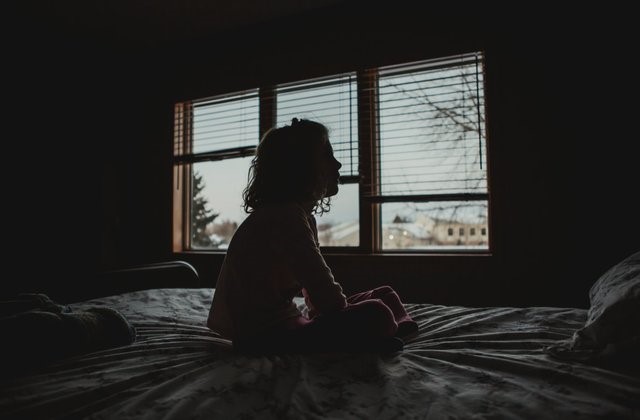Hiding in Plain Sight- The Adult Literacy Crisis

If you are reading this, then by definition you don’t have a problem that more than 20 percent of the adults in the nation’s capital struggle with every day: illiteracy. The inability to read makes life significantly harder for individuals but also has an effect on society at large, according to the Literacy Foundation, which lists these consequences:
For individuals
- Limited ability to obtain and understand essential information;
- Unemployment: The unemployment rate is 2–4 times higher among those with little schooling than among those with Bachelor’s degrees;
- Lower income;
- Lower-quality jobs;
- Reduced access to lifelong learning and professional development;
- Precarious financial position;
- Little value is given to education and reading within the family, and this often leads to intergenerational transmission of illiteracy;
- Low self-esteem, which can lead to isolation;
- Impact on health: Illiterate individuals have more workplace accidents, take longer to recover and more often misuse medication through ignorance of health care resources and because they have trouble reading and understanding the relevant information (warnings, dosage, contraindications, etc.).
For society
- Since literacy is an essential tool for individuals and states to be competitive in the new global knowledge economy, many positions remain vacant for lack of personnel adequately trained to hold them;
- The higher the proportion of adults with low literacy proficiency is, the slower the overall long-term GDP growth rate is;
- The difficulty understanding societal issues lowers the level of community involvement and civic participation.
There are programs and schools working to help adults learn to read and get a formal education. In this post, Lecester Johnson, chief executive and president of the Academy of Hope Adult Public Charter School, writes about the problem and some of the solutions.
By Lecester Johnson
There is a literacy problem in the nation’s capital, but I’m not talking about young people who can’t read. Many adults — perhaps even parents sitting next to you at back-to-school night — don’t possess academic skills beyond those of a middle-school student.
According to data from the 2014 U.S. Census Bureau, 21 percent — or nearly 60,000 — of working age adults in the city lack a high school diploma. At the same time, 19 percent of adults cannot read a newspaper, much less complete a job application, according to the National Center for Education Statistics.
The situation is just as worrisome at a national level. Approximately 32 million adults in the United States can’t read, according to the U.S. Department of Education and the National Institute of Literacy. The Organization for Economic Cooperation and Developmentfound that 50 percent of U.S. adults can’t read a book written at an eighth-grade level.
Lack of formal education results in lower earning power and serious threats to an individual’s long-term well-being. That’s because those D.C. residents without a high school diploma are seven times more likely to live in poverty.ADVERTISING
And the current problems exacerbated by a lack of formal education will only get worse. By 2020, jobs in the District will require the highest concentration of postsecondary education, according to Georgetown University’s Center on Education and the Workforce.
Low literacy skills have stark ramifications for the next generation, our communities and the city at large. The children of parents with low literacy skills are more likely to live in poverty as adults and are five times more likely to drop out of school.
The stats are worrisome, but innovative programs are aiming to break this cycle that entrenches low literacy and the associated poor outcomes. These efforts are helping adults catch up on their education and work toward high school diplomas through the GED exam or completion of the National External Diploma Program.
Once such place in the nation’s capital is the organization that I lead, the Academy of Hope Adult Public Charter School, which is an institution that provides education and other necessary services to adults with low literacy skills.
With 90 percent of our students arriving at or below a sixth-grade level in reading, math and computer literacy, the challenges are substantial. But the program has helped more than 6,000 adults rebuild their education and job opportunities since 1985. An astounding 60 percent of graduates surveyed continue on to college or further education.
The demand for services is so great that we took a leap and moved to a larger building this year in the Northeast section of the District of Columbia, in part thanks to significant financing by PNC bank, The Alice and Eugene Ford Foundation and other donors.
Adults in the District seeking to build their skills have several options, including enrolling in one of the city’s eight adult public charter schools or a literacy program run by community-based or faith-based organizations. The D.C. Adult Education Directory created by the D.C. Public Library Adult Resource Center can help identify the program that best fits the learners’ schedule, needs and goals.
The success of Academy of Hope and others like us is in recognizing that adult learners may have more obstacles to overcome than just a hard homework assignment.
Many adult students have experienced difficult childhoods. Their parents may have been absent due to incarceration, poor health or demanding job schedules. Some have learning disabilities previously undiagnosed, while others have battled addictions or spent time in prison. Many have to study while maintaining jobs and supporting families.
But all share a faith in themselves, their own potential and in the almost mystical ability of education to ignite the human spirit and improve the human condition, what former United Nations chief Kofi Annan called “a human right with immense power to transform.”
Academy of Hope’s program provides individualized support and a curriculum that focuses on ensuring that transformation through literacy while imparting essential work skills, such as computer proficiency.
It’s an approach that pays off. Take a recent graduate named Dana. As a child, Dana was in and out of foster care due to her mother’s substance abuse. By the age of 14 she had dropped out of school and was pregnant. Over the next few years she suffered two emotional breakdowns and was unable to keep a job. But when she decided to turn her life around, Academy of Hope was there for her. She eventually received her GED and now works for the D.C. Department of Behavioral Health.
A 2013 graduate of Academy of Hope, Paul grew up in foster care. One foster mother, who beat him often, told him at age 8 that he was destined for failure and worse. “You will be dead before you are 16,” she said. He quit school at 15 and was regularly in trouble with the law. But at age 45, Paul kicked his addictions and went back to school at Academy of Hope. Today, he is a licensed private detective and plans to become a pastor.
Paul and Dana are examples of what can be achieved with the right support in place. They underscore that for thousands of adults in Washington struggling with low literacy, there is hope.



